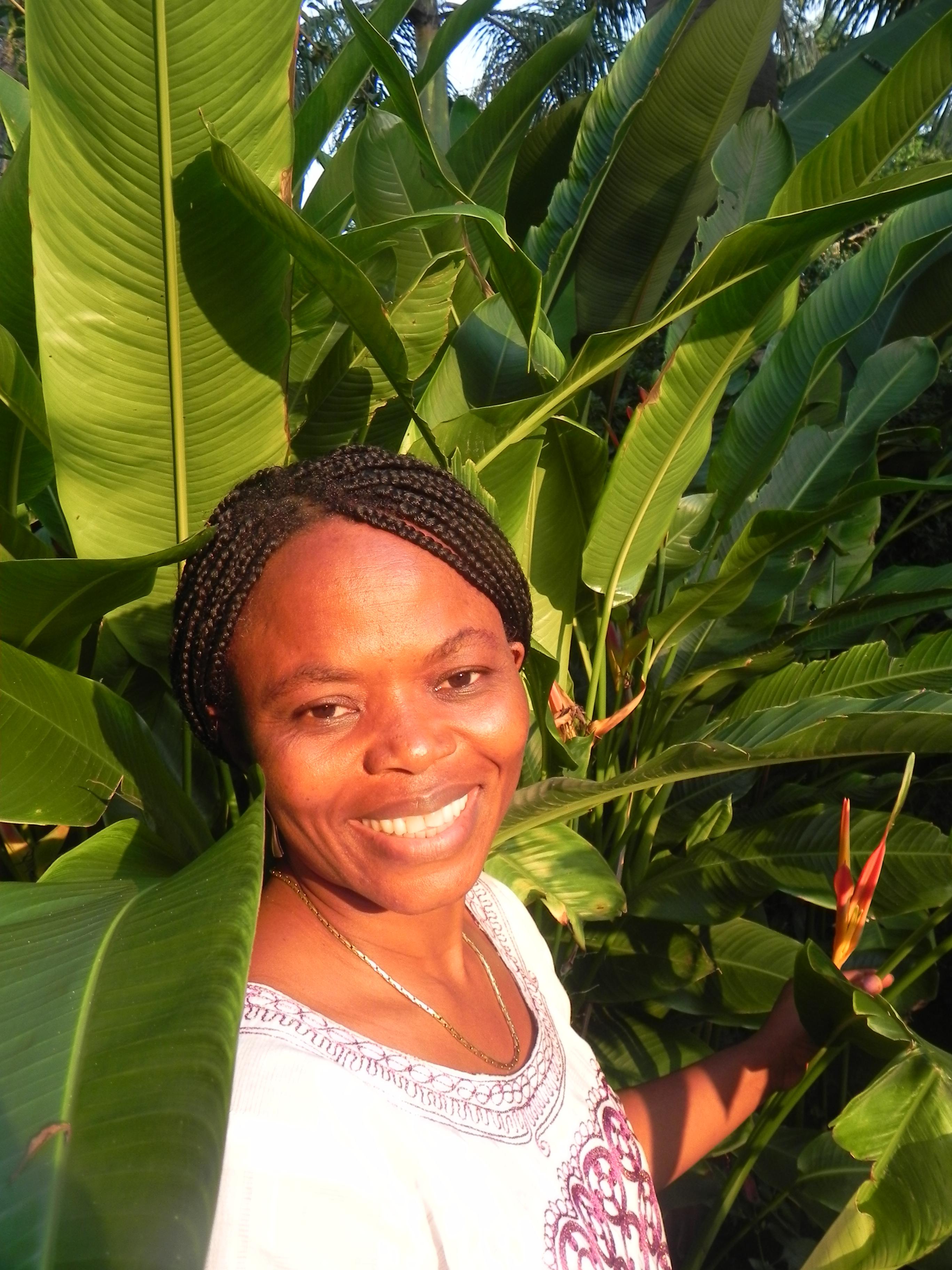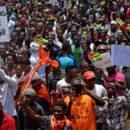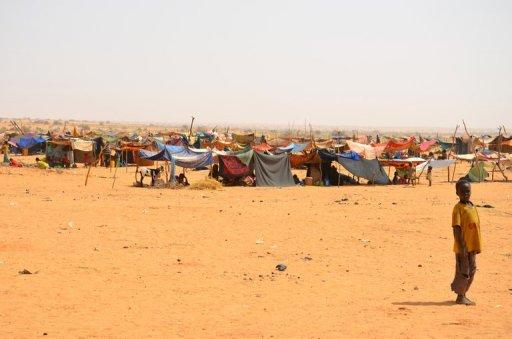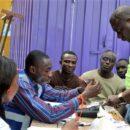Congo: Pygmy women leader and environmental activist appointed minister in South Kivu – By Kris Berwouts

Cabinet reshuffle
On June 5th, Governor Marcellin Chisambo announced a reshuffle of the government of the Congolese province of South Kivu. Three weeks ago, three ministers were thrown out following a motion of no confidence in the provincial Parliament. One of the new ministers is Adolphine Byayuwa Muley, 42 years old. She will lead the ministry of environment and agriculture.
Adolphine Muley has, since 2000, led a local organization for the empowerment of Pygmy and Twa women – Union pour l’émancipation de la femme autochtone (UEFA). Mrs Muley, who was born in Bunyakiri in the north of the province, comes from a family with its roots in the Twa community.
Forests
UEFA originally worked on humanitarian and developmental issues but became active in advocacy, initially in the field of sexual violence but also in the struggle for the transparent exploitation of Congo’s forests, which play a decisive role in the continuation of pygmy culture and survival mechanisms.
As secretary-general of UEFA, Mrs Muley took up several mandates in national platforms of Pygmy organizations and consultation forums between the government and civil society on ecological themes like forestry and climate. She participated in many international meetings that brought together delegates of indigenous communities from across the world. In the past few years, she has increasingly become active in international lobbying work on climate change.
Politics
In 2006, she decided to step into the political arena and participated in the provincial elections as an independent candidate. Despite solid support (more than 9,000 votes) she was not elected. The electoral system favoured candidates who presented themselves on the list of political parties and it was very difficult for independent candidates to be elected. Although not many other candidates in South Kivu had more votes than her, Mrs Muley did not become deputy in the provincial assembly.
In order to increase her chances of participating in political debate, she decided in 2009 to prepare for the 2011 elections as part of a political family. After a long consultation process with the community and its customary chiefs, she joined President Kabila’s PPRD. For the (rather chaotic) elections of November 2011, she stood as a candidate for the Parliament but was not elected; but now she is to be rewarded for her expertise and commitment with ministerial responsibilities in South Kivu.
Democracy from below
For many years, civil society organisations in Congo pleaded for a consolidation of democracy from below, through decentralization and the organization of local elections. The electoral agenda of 2006 skipped the local elections, which reduced the institutional architecture of democracy in Congo to a building with a heavy roof and no walls, which as any architects will confirm, is not very solid. Only free and fair elections at the local level can provide these walls.
Participatory governance can only restore the state’s credibility and contribute to the renewal of a political landscape if it is a bottom up process. It is difficult today to forecast what space Mrs Muley will have to establish her own policies and have a real impact; co-opting grassroots militants into the government does not fulfil the dream of democracy from below. Yet at this stage, it might be a good start; but only if credible local elections will follow as planned.
Kris Berwouts has, over the last 25 years, worked for a number of different Belgian and international NGOs focused on building peace, reconciliation, security and democratic processes. Until recently, he was the Director of EurAc, the network of European NGOs working for advocacy on Central Africa. He now works as an independent expert on Central Africa.







